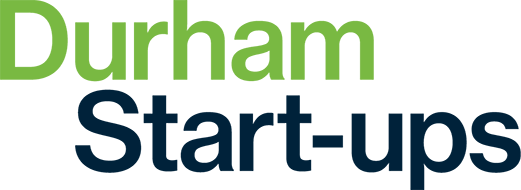Founding and running a startup is hard. There is a lot of bad advice and stereotype around entrepreneurs needing to work sleepless nights to be successful. This doesn’t need to be the case. We have put together some resources to help you become more productive and look after your team’s and your well-being.
In this blog about leadership and management advice, Lighthouse explores the common traits amongst high performing leaders.
In this exclusive interview, Collin (co-founder of Front) dives deeper to put tactical teeth on an entrepreneurial trope, sharing why a founder’s discipline matters more than vision. She describes her approach to communication, time management, fundraising and team building, unveiling impactful practices and sharing the actual emails she relies on to stay on track.
- How to prioritise your time
YC Partner Adora Cheung shares her framework for how founders can efficiently make use of their time. She covers ways to identify and prioritize tasks, in addition to how you can measure their impact on your company.
GTD—or “Getting things done”—is a framework for organizing and tracking your tasks and projects. Its aim is a bit higher than just “getting things done”, though. Its aim is to make you have 100% trust in a system for collecting tasks, ideas, and projects.
Even though tech culture champions sleeplessness, overtime and burnout, this mindset can lead to failure. Learn how to overcome this and get things done.
In the face of long hours, the turbulent financial path to building a new company, and pressure to make key decisions, founders confront a unique set of mental wellbeing challenges. They’re often walking a thin tightrope between self-belief and self-doubt — the steadfast optimism in their vision to change an industry, and the fear that they don’t have the chops to pull it off. If founders make taking care of their mental health an ongoing and proactive practice, it will reverberate through their companies, forging more resilient startups with healthier cultures and happier employees.
Here are some practices that two serial entrepreneurs use to keep themselves steady while building their startup.
You’ve probably heard a lot about the benefits of mentorship, the not-so-secret ingredient to a successful career. But the process of actually procuring a mentor can feel more inscrutable. Luckily, First Round Capital has distilled mentorship down to a science.
- The first 20 hours- How to learn anything
Josh Kaufman is the author of the #1 international bestseller, ‘The Personal MBA: Master the Art of Business’, as well as the book ‘The First 20 Hours: Mastering the Toughest Part of Learning Anything.’ Josh specializes in teaching people from all walks of life how to master practical knowledge and skills. In his talk, he shares how having his first child inspired him to approach learning in a whole new way.
In psychology, priming is a technique in which the introduction of one stimulus influences how people respond to a subsequent stimulus. Priming works by activating an association or representation in memory just before another stimulus or task is introduced. This phenomenon occurs without our conscious awareness, yet priming can have promising real-world applications as a learning and study aid as well.
Please note: Durham Start Up Portal includes links to other websites. These links are provided for your convenience to solely provide further information. They do not signify that we endorse the website(s). We have no responsibility for the content of the linked website(s).

